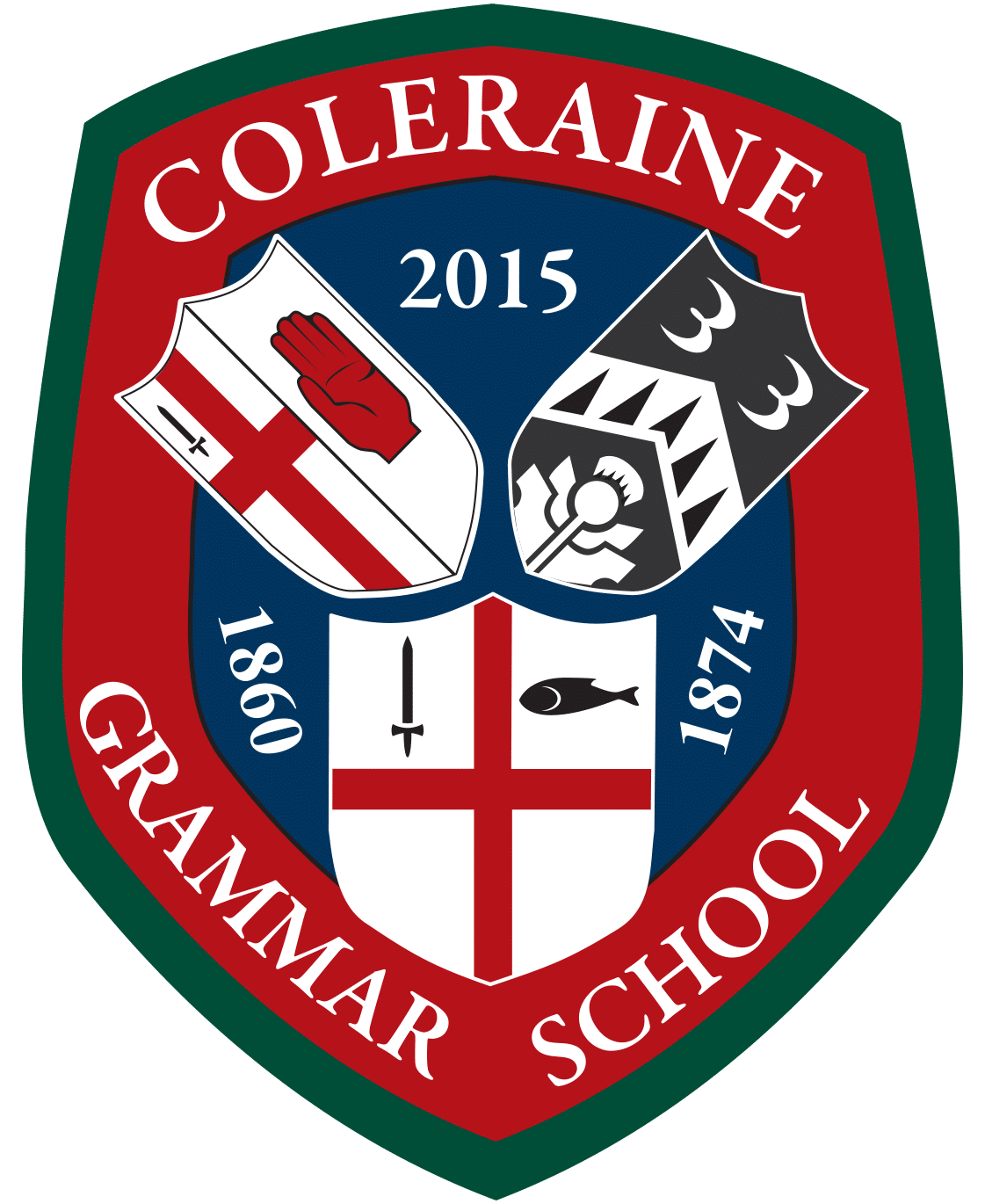Years 11 and 12 GCSE
GCSE Home Economics
This involves the study of two discrete aspects including the opportunity to explore diet and health; and consumer awareness. Pupils consider the differing needs of family members and also how food choice is affected by social, economic, environmental, cultural, physiological and psychological factors. An important element of this course involves practical cooking which is a compulsory part of the controlled assessment.
GCSE Food and Nutrition (replacing GCSE Home Economics September 2017)
GCSE Food and Nutrition involves pupils in the study of nutrition, food choice and diet and health within the context of the home and family. It encourages knowledge and understanding of current nutritional advice, the nutritional needs of family members through the life cycle and of diet related conditions. Pupils are given the opportunity to explore issues, to develop practical cooking skills and to learn how to manage resources effectively.
ASSESSMENT
External assessment
Unit 1: Food and Nutrition
- This examination carries 50% of the total marks for this subject
- Allocation of time – 2 hours
- Includes a combination of multiple-choice, short and structured questions and questions requiring extended writing.
Internal Assessment
Unit 2: Practical Food and Nutrition
- One controlled assessment task where pupils research and analyse viewpoints, justify chosen dishes, plan, prepare and evaluate the final outcome.
- This controlled assessment carries 50% of the total marks for this subject
GCSE Child Development
Child Development involves pupils in the study of the physical, social, intellectual and emotional development of young children from conception to the age of five years. It encourages knowledge and understanding of pregnancy, the needs of young children, the roles and responsibilities of parents, and the social and environmental influences affecting family life.
ASSESSMENT (new specification)
External assessment
Unit 1: Parenthood, Pregnacy and the Newborn baby – 1hour 15mins written examination – 30%.
Unit 2: The Development of the Child (0-5yrs) – 1 hour 15mins written examination – 30%
(both papers include a combination of multiple-choice, short and long structured questions and questions requiring extended writing).
Internal Assessment:
Unit 3: Controlled Assessment Investigation Task – 40%
This involves analysing the set task, carrying out research by secondary and primary means, analysing viewpoints, planning the outcome, drawing conclusions and evaluating the completed task.

